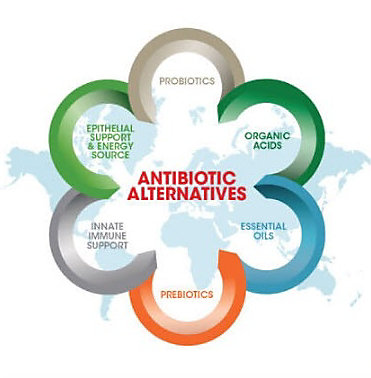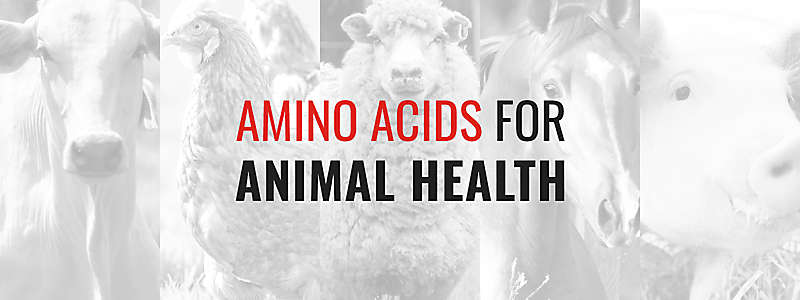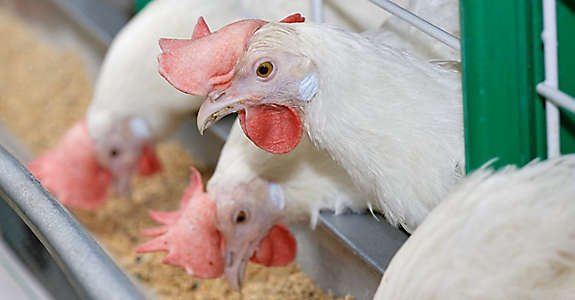One, the content of beta-glucan in Aleta is relatively higher, at least by 50%. Second, the beta-glucan in Aleta is readily available to the animal, compared to yeast where the cell wall needs to be first digested to release the beta-glucan. Third, the specific form of beta-glucan in Aleta, beta 1,3 glucan, is linear in structure and better recognised by the immune cell receptors of the animal, compared to other forms of beta-glucan found in yeast. In other words, Aleta enables the animal to have a more effective immune response.
eFeedLink understands that there are a number of yeast-based products in the market which claim to offer additional benefits from other yeast metabolites, beside beta-glucan.
Dr. Blasco was quick to stress: “We are very clear about Aleta’s positioning as an immunomodulator. It is also worthwhile to note that some other yeast metabolites offered, such as carotenoids and amino acids, are already present in most feed formulations.”
Aleta is currently available for livestock, aquatic species and companion animals, Dr. Blasco says Kemin also believes in the potential of Aleta for calves and shrimp. “We believe that Aleta works best in young animals where the immune system is not yet fully developed. After they are born, the level of maternal antibodies in young animals naturally goes down, posing the risk of disease spreading. In this regard, we believe there is big potential for Aleta as immunomodulator to protect those animals till their own immune system or immunization through vaccination are fully effective.
Shrimp, especially young shrimp, has a rudimentary immune system which needs constant stimulation to work. We are working with one of the key opinion leaders in the field to generate more data in this regard,” Dr. Blasco said.
Another recent product introduced for poultry is COZANTE™, a natural anticoccidial product. According to Dr. Blasco, research for this product started long back in 2010, and it took five years to identify the polyphenolic compound and establish its efficacy as an anticoccidial.







